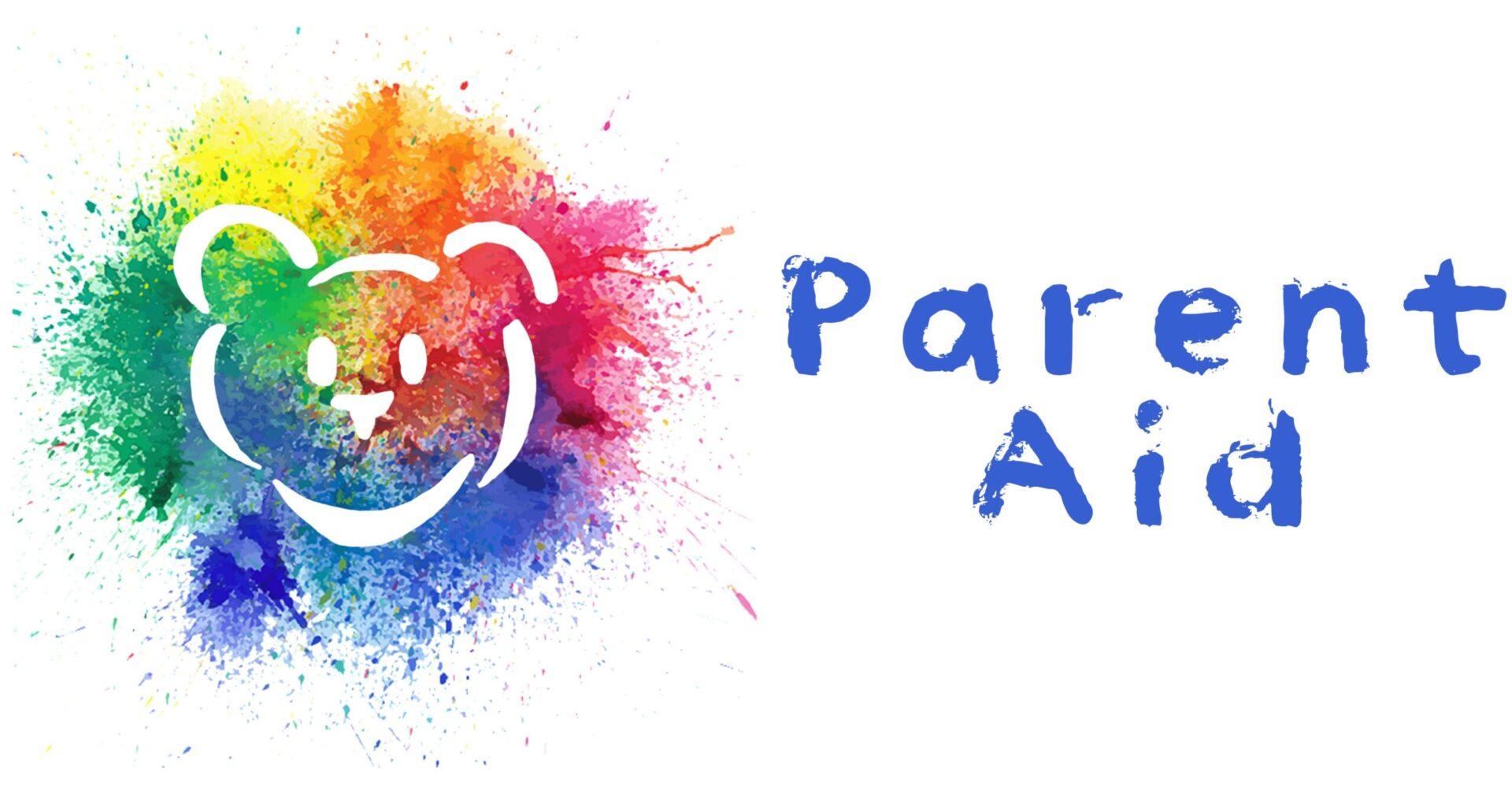
FAQ's and not-so FAQ's
Frequently asked questions about:
Parenting
When we hear this question, we often ask “are you asking how to make your child listen to you, or obey you?” We believe that obedience and compliance are not the goal, but rather respect and cooperation. To achieve this goal, an environment where healthy communication, including differences in opinions, is key.
Discipline means to teach. Full stop. You could advocate that discipline as a parent means to teach right from wrong, through setting limits and enforcing consequences. Discipline and punishment are different. Sometimes a negative consequence (punishment) is necessary. However, it is possible to discipline without punishment. Moreover, all to often, the punishments we dole out do not teach the desired lessons.
Yes! And we can help with that. Check out our Active Parenting classes!
Can it? Sure. But that depends on your definitions of right and wrong. There is no universal definition as this is subjective at best, so let’s reword that question. Does spanking teach a child not to do a certain thing? Sure… In the short term. The pain we give our children from spanking may discourage a behavior for a few hours, days, or months, but research has shown it has a fleeting effect. Discipline means to teach, so let’s look at the lessons that may be learned from spanking.
- Hitting is OK
- Love equals pain
- It is the responsibility of adults to hurt the ones they love
- How to lie, blame-shift and manipulate
- How to be more sneaky and not get caught
- Fear your parents
- “I am bad”
It is possible to teach the desired lesson without also teaching the above life-lessons that can damage the parent/child relationship.
Children spell love, T-I-M-E. In order to bond with your child, quality time-in is key. For a quick hit of oxytocin for both your and baby, try some skin-to-skin time.
Coparents and Co-Parenting
Both. Well sort of.
We define a Coparent (noun) as any and all stakeholders in a child’s life that can affect their trajectory.
We define Co-Parenting (verb) as a form of parenting in which two coparents live in separate houses and share parenting time.
More on both these below.
A Coparent (noun) is any stakeholders in a child’s life that can affect their trajectory.
We believe there are three rings of coparents:
- The caregivers the child lives with or interacts with on a consistent basis (mom, dad, live-in grandparents, etc)
- The “family” (however your individual family defines that) that you share life events with, like birthdays, graduations, etc. This could be grandparents, piblings, family friends, etc.
- The people you need to involve in your child’s life to grow a happy, healthy, fully-functional human being. This list could be long, but includes, teachers, coaches, doctors, childcare providers, etc.
While we recognize that all situations are different, we do believe most parents involve other trusted adults in the raising of their children. A single parent may be the primary caregiver, but there are generally others that are stakeholders in the child’s life. (Grandparents, piblings, teachers, etc.)
Co-Parenting is not one size fits all. Every situation and relationship is different. Generally, most co-parenting strategies can fall into one of three categories:
- Parallel co-parenting
- Two or more separate households each with their set of goals and rules for the family. There is generally little communication between the two households.
- Conflicted co-parenting
- Similar to parallel but the communication between households is toxic and can put the child at risk of playing negotiator and/or picking sides.
- Cooperative co-parenting –
- All households communicate effectively with each other, agree on consistent goals, rules, and expectations of their children, and often support and encourage each other.
- Put past feelings and thoughts of the romantic relationship aside
- Focus on the needs of the child first
- Be flexible when possible
- Communicate plan early and often, especially when things might need to change
- Understand that things are going to change and look different
- Help your child feel connected to your co-parenting partner
Community Parenting Classes for Everyone
Because all families struggle from time-to-time, so all parents deserve a little Parent Aid.
Many classes are free, but some do carry a small fee. We never want cost to be a barrier, so please contact the class facilitator to discuss scholarship options.
Yes! Anyone who is a stakeholder in a child’s life is welcome to take our parenting classes.
All classes are listed at parentaid.org/calendar. Click on a class that looks interesting, and if it has openings it will have a ticket window below the description. Simply put in your information and you are set!
Most classes will fulfill case plans from Arizona DCS or Family Court. However, these agencies may require a specific parenting class, so please read your plan carefully. We are happy to provide a certificate of completion after completing our classes.
SafeCare In-Home Parenting Program
Currently, we can only enroll families with at least one child between 18 months and 5 years old. Additionally, families need to live in one of the following ZIP codes:
- 85701
- 85705
- 85706
- 85711
- 85712
- 85714
- 85715
- 85716
- 85719
- 85721
- 85756
We are able to provide SafeCare to families outside of these ZIP codes but have extremly limited capacity to do so.
Visit our referral page to get started.
That is the best part. It is FREE!
Families may be enrolled for six months to a year. Most families complete SafeCare in 9 months.
SafeCare is divided into three main modules:
- Parent/Child Interactions
- Family Communication
- Parental Expectations
- Children’s Growth & Development
- Home Health
- Minor healthcare at home
- Triaging illness and injury
- Safety
- Identifying and removing safety hazards in the home
Love Like a Dad - Parenting Classes
Many men have never held, fed, or changed a baby until their own. While not all women have the same experiences, our culture does provide a lot of early informal training on parental caregiving to young girls that boys and men do not receive. Not sure what we mean, ask the men and women in your lives two simple questions.
- When were you given your first toy to practice parenting (e.g. baby doll)?
- When were you first told “you are going to be such a good mom/dad”
On average, you will get very different answers to these questions between men and women. Because of this, men tend to be on-the-job learners when it comes to parenting and could use a little extra support and a safe space to discuss and practice their parenting.
Short answer. Yes!
Long answer. The presence of a nurturing responsible dad are associated with a myriad of positive outcomes for the:
- Child(ren)
- Lower rates of behavioral and emotional diagnoses
- Mom (his partner)
- Lower stress
- Dad (himself)
- Longer lifespan
- Family
- Higher educational attainment for all members
- Community
- Lower crime rates
- Lower community wide BMI
- Better teen decision making (pregnancy, vandalism, etc.)
At Parent Aid, we do define these two terms differently. We may not agree on these definitions, and that is OK.
Father – the man with whom you share biology. For our Star Wars nerds out there, think Anakin Skywalker aka Darth Vader.
Dad – the man/men who show(s) up for their children. Think Uncle Owen, Obi-wan, Yoda.
With these definitions every human has one and exactly one father. They may not know them but they do/did exist. Additionally, every child has somewhere between zero and infinity dads based on the number of men who may or may not show up in their lives. To many children, their father and dad are the same man, but for many reasons those titles may also belong to different men.
We believe there exists no singular role or set of roles that are or should be prescribed to dads. The concept of a role implies he has a set part to play in his child’s life, and if he is not willing to fill that role than it is replaceable by someone else. In fact, a majority of American parents agree with the statement, the role of a father is replaceable by another man or the mother of his children. That means a majority of dads out there believe they are replaceable because they are simply filling a role. No wonder many dads do not realize how important they are to their children.
We like to discuss the idea of roles as the needs of children. Children have many needs and it is the responsibility of parents to meet those needs. It is up to those parents to decide which needs will be met by which parent if not by both parents. Then each parent can see how their “role” in their child’s life is irreplaceable as it is meeting a need of that child.
All Dad Classes can be found on our Events Calendar. Find a class that interests you, put in your information and you are all set!
Child Abuse and Maltreatment
How do I make my child listen to me?
Donations
Donations can be made by
- Click the blue donate button on the bottom right of the screen
- Clicking the blue donate button on our Facebook Page
- Mailing your donation to:
- Parent Aid
- 2580 E 22nd Street
- Tucson, AZ 85713
Donations through Facebook have no fees. Every dollar you donate comes to Parent Aid. Donations made through Harness do have a processing and platforms fees which you can chose to cover or not.
Yes! Parent Aid is registered 501(c)(3) and Arizona Qualified Charitable Organization.
Yes. Parent Aid is QCO 20546. That means joint filers are eligible for a dollar-for-dollar tax credit up to $800 in donations and $400 for individuals.
Yes! If made online, Facebook or Harness will provide you with an electronic receipt instantly. If mailed in, a statement will be provided as well. All donors receive an annual statement of all charitable giving for the past year in January.




